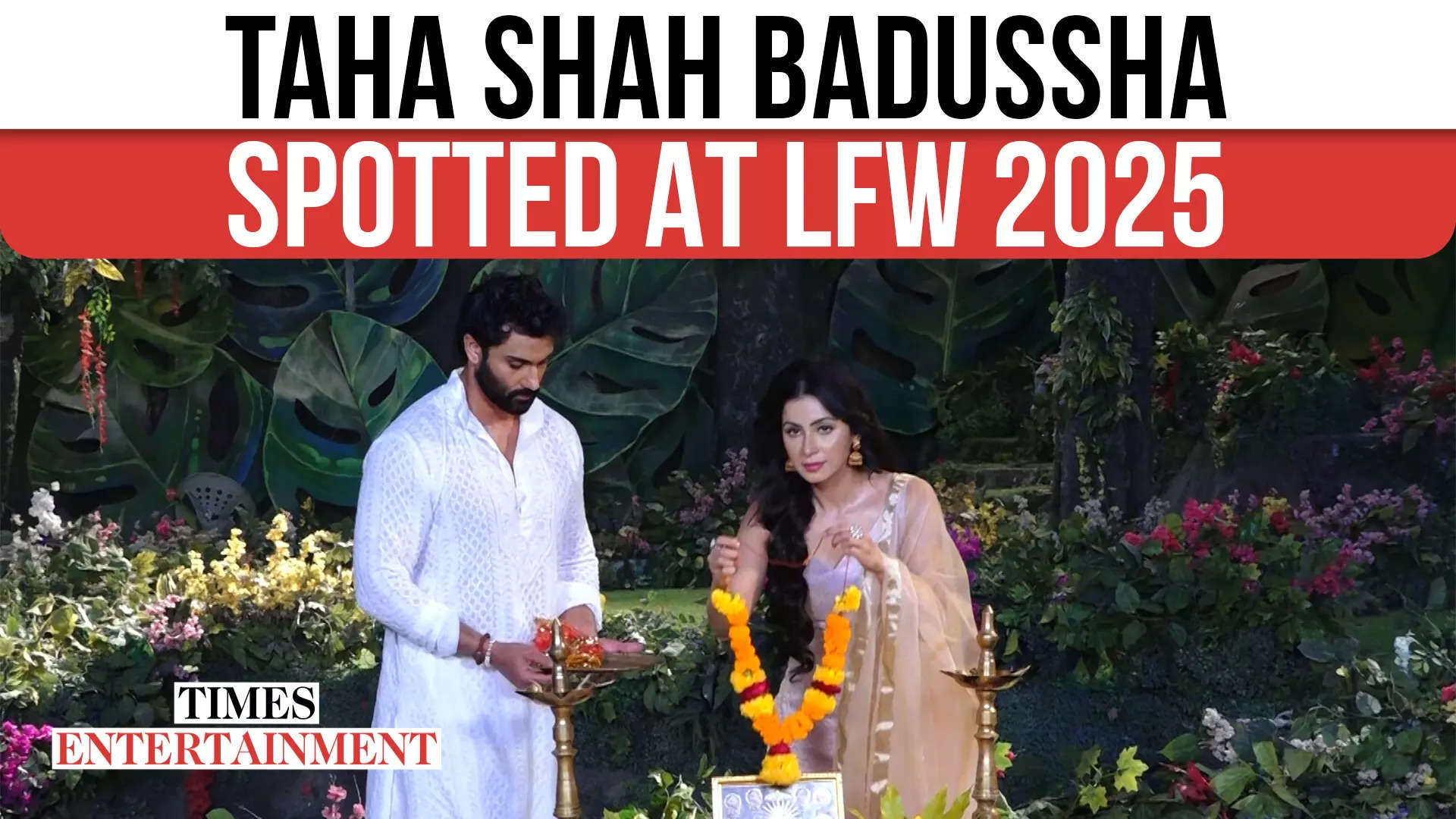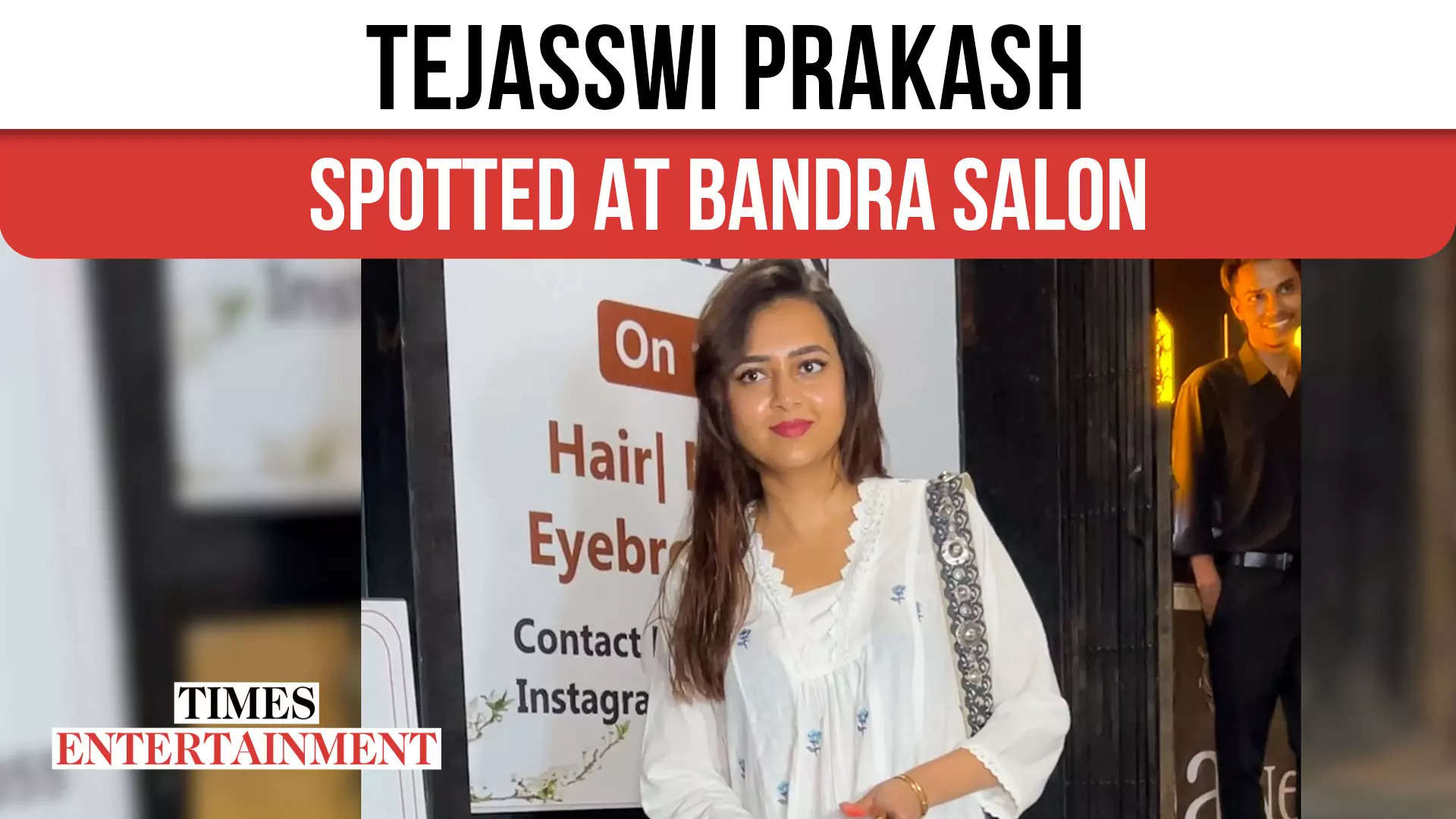Resolute in its commitment to truth, refused to yield and stood its ground even in the midst of threats from powerful Congress leaders to suppress dissent and free speech. This legacy of fearless journalism has been persevered even during turbulent times, unwavering in its dedication to upholding democratic values. On the occasion of its 75th anniversary, reached yet another milestone, cementing its role as a beacon of journalistic integrity and legal advocacy in the defence of Freedom of Speech.
On November 26, the Kerala High Court delivered a landmark judgement quashing the criminal prosecution and defamation proceedings initiated against by a lower court at the behest of the banned Islamic terrorist outfit, the Popular Front of India (PFI). Rejecting the arguments presented by the respondents on behalf of the PFI, the court firmly held that a defamation complaint from a proscribed organisation has no legal standing. The petition (Bharat Prakashan (Delhi) Ltd & Ors Vs CP Mohammed Basheer & Anr) was filed by the Editors, printer, publisher and management of Bharat Prakashan (Delhi) Limited, the entity responsible for publishing .

The case revolved around the article titled “The Usual Suspect,” published on September 17, 2017, which had come under scrutiny for its bold exposé on PFI’s terrorist activities. The article titled “The Usual Suspect,” part of the cover story “Veiled Jihad,” sought to elevate the issue of “Love Jihad” to national prominence. Bas.

























